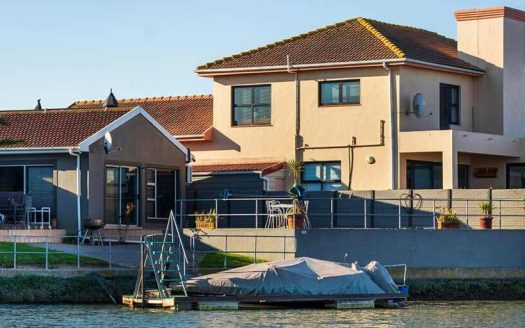New investors, and foreigners in particular, are often caught off-guard
due to systematic complexities related to buying land in Uganda.
For those looking to maximize profits and returns, brushing up on the essentials and finding the perfect spots to invest money is critical. In this guide, we will cover everything on how to buy land in Uganda ranging from the foundations of property dealing to addressing common challenges!
You Might Also Like: Real Estate as an Investment in Uganda: Is it Worth it?
For those looking to maximize profits and returns, brushing up on the essentials and finding the perfect spots to invest money is critical. In this guide, we will cover everything on how to buy land in Uganda ranging from the foundations of property dealing to addressing common challenges!
You Might Also Like: Real Estate as an Investment in Uganda: Is it Worth it?
Table of Content
Understand Uganda’s Land Ownership System

Land ownership in Uganda is built on a fairly unique system. For
investors, both local and foreign, understanding it is crucial before making any purchase.
There are four main types of land tenure in Uganda:
Want to learn more about land ownership in Uganda? Check out Land Tenure Systems in Uganda: All You Need to Know!
There are four main types of land tenure in Uganda:
-
Freehold
Freehold is the most secure type of land ownership and gives full rights to the owner indefinitely. -
Leasehold
As per leasehold ownership, the owner can grant land rights to the lessee for a given time period. After this, the land and whatever is built on it must be returned to the original owner. -
Mailo
Mailo ownership is relevant to rental properties and renters. The renters acquire temporary ownership of a property/land. However, the absolute rights remain with the owner who must respect the renters’ rights too. -
Customary Land
Customary land is owned by communities for their communal or religious practices and gatherings.
Want to learn more about land ownership in Uganda? Check out Land Tenure Systems in Uganda: All You Need to Know!
How To Buy Land In Uganda: A Step-By-Step Approach
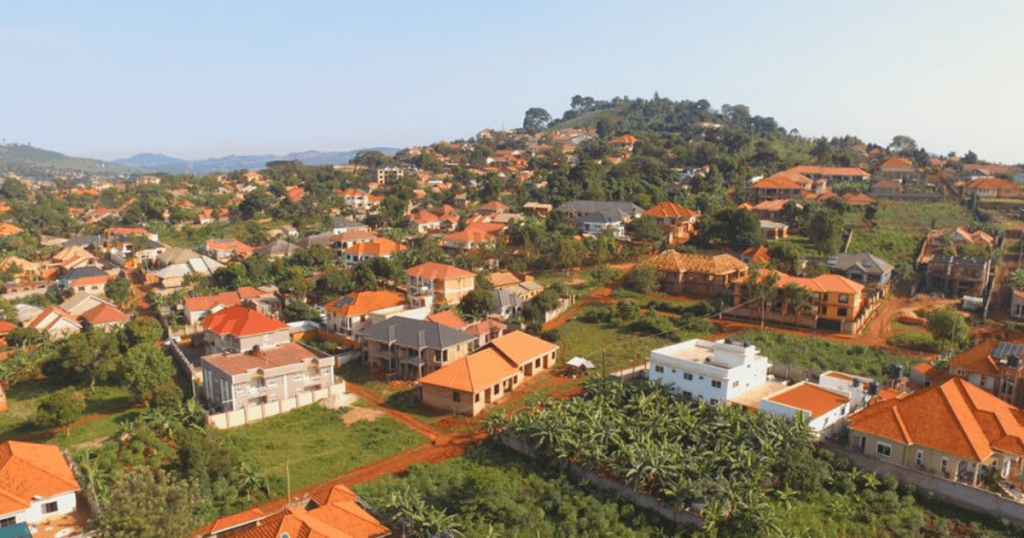
Buying land in Uganda becomes quite simple and straightforward if you follow the right steps.
Here’s a breakdown of what you need to do:
Step 1: Research the Location
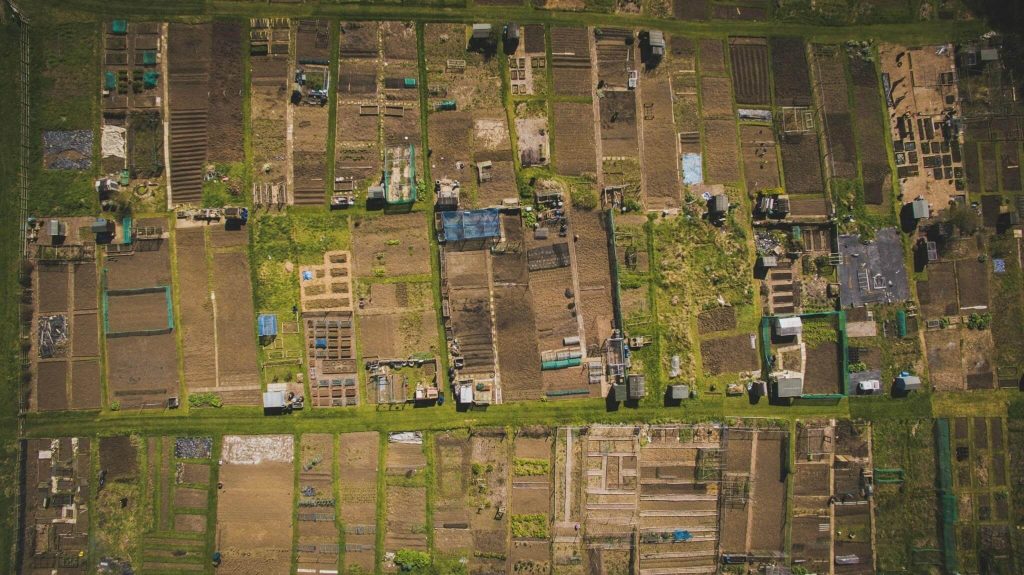
Whether you’re a local or a foreigner, the first thing you need is
information on the location of your site.
Factors such as access to amenities, clean environment, planned developments, affluent or foreign communities, etc. make for great sites to invest in. However, each investor has different goals, and you must explore your city, neighborhood, and locality before considering investing your money.
Factors such as access to amenities, clean environment, planned developments, affluent or foreign communities, etc. make for great sites to invest in. However, each investor has different goals, and you must explore your city, neighborhood, and locality before considering investing your money.
Pro Tips:
- Visit your site to learn about each aspect of the location.
Step 2: Conduct Due Diligence and Verify Land Ownership

Once you’ve found a potential site, you need to verify land ownership to
ensure that there is zero involvement in legal disputes or fraud.
You can confirm ownership by requesting the Uganda Land Commission or the Ministry of Lands Housing and Urban Development. Alternatively, you can also visit local real estate offices for help.
You Might Also Like: Real Estate Due Diligence Checklist
Once you’ve found a potential site, you need to verify land ownership to ensure that there is zero involvement in legal disputes or fraud.
You can confirm ownership by requesting the Uganda Land Commission or the Ministry of Lands Housing and Urban Development. Alternatively, you can also visit local real estate offices for help.
You Might Also Like: Real Estate Due Diligence Checklist
You can confirm ownership by requesting the Uganda Land Commission or the Ministry of Lands Housing and Urban Development. Alternatively, you can also visit local real estate offices for help.
You Might Also Like: Real Estate Due Diligence Checklist
Once you’ve found a potential site, you need to verify land ownership to ensure that there is zero involvement in legal disputes or fraud.
You can confirm ownership by requesting the Uganda Land Commission or the Ministry of Lands Housing and Urban Development. Alternatively, you can also visit local real estate offices for help.
You Might Also Like: Real Estate Due Diligence Checklist
Step 3: Hire a Professional Land Surveyor
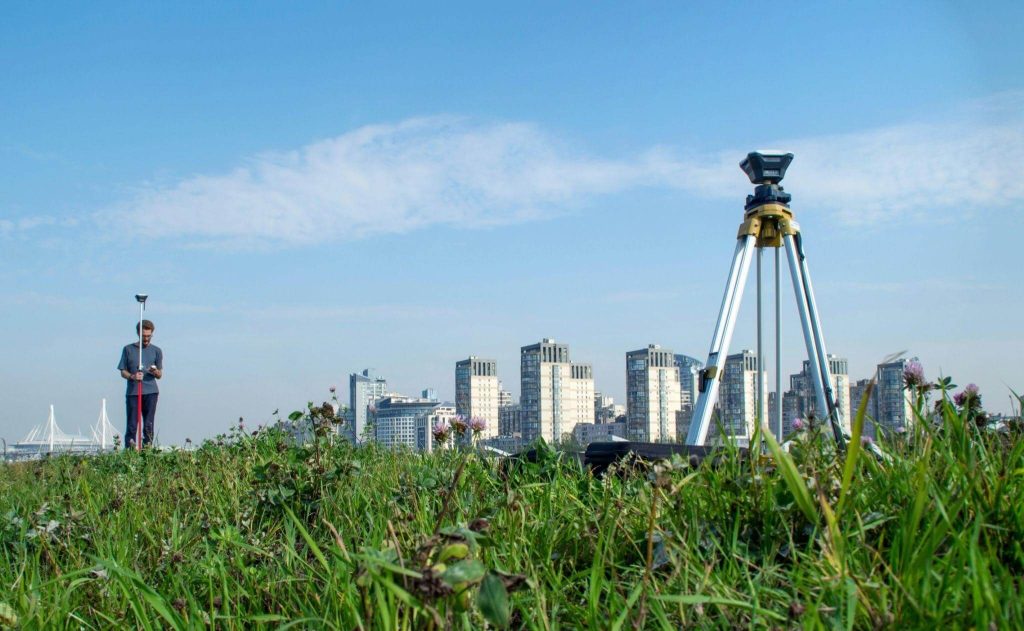
Before making any payments, hire a certified land surveyor to verify the boundaries and size of the land.
This ensures that the plot you’re buying is exactly how it’s described in the title.
Step 4: Make Your Offer and Negotiate

Meet the owner and discuss the possibility of a reduction in the property
price.
- Give them counteroffers to bring their numbers down a little and in your favor.
- Ask for maximum details, and clarify every potential issue that comes to your mind
- Research the site thoroughly.
Step 5: Draft the Sale Agreement

Once all the basic information is collected and finalized for the property
deal, draft your sales agreement.
Include all relevant information such as,
Get the seller to go over the agreement. If there is any problem or disagreement, discuss it over and re-write the draft, if needed.
Include all relevant information such as,
- Sale price
- Payment terms
- Transfer timelines, etc
Get the seller to go over the agreement. If there is any problem or disagreement, discuss it over and re-write the draft, if needed.
Step 6: Seal the Deal
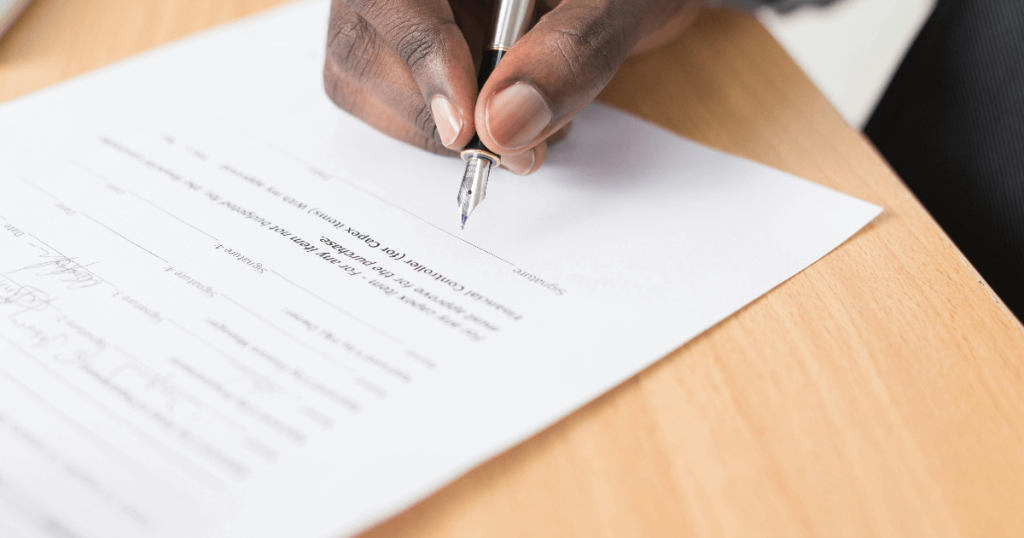
The final step is to make the transfer and acquire the land. Different ownership types have different processes
and thus, it is best to discuss with your realtor/lawyer on how to proceed.
However, the process generally involves:
- Making your payment
- Collecting and filling all required documents, forms, and fees.
- If needed, making a property valuation request to the Valuation Division.
- Getting consent to transfer from the land board.
- Registration of transfer
- Final payment (if needed) and acquisition of new documents and property.
Steer Clear From Mistakes – Avoid Common Challenges When Buying Land In Uganda
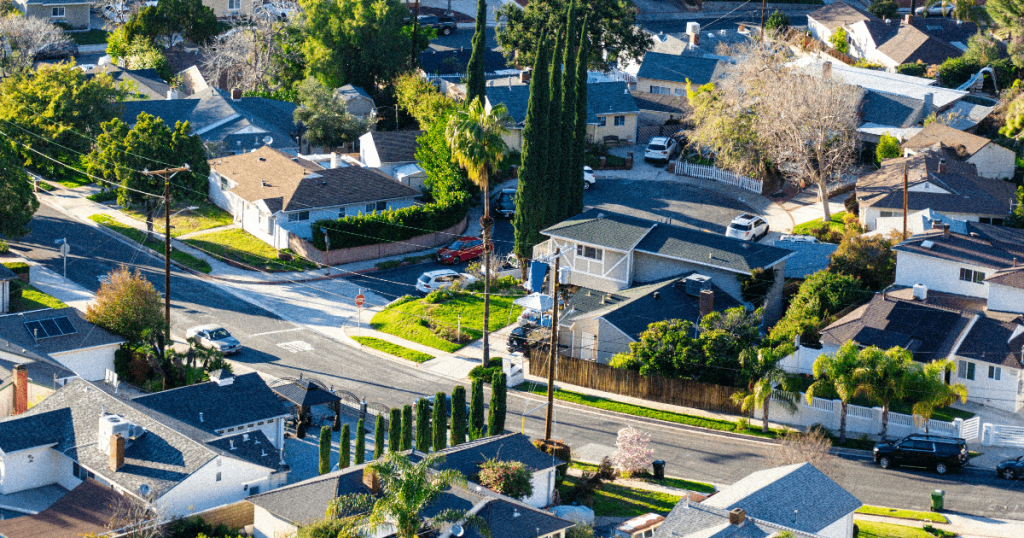
1. Fraudulent Land Titles
Fake titles are a frequent problem in Uganda’s land market. Purchasing such a property may lead you to legal disputes and other troubles. Always verify the title through official government channels before proceeding with a purchase.2. Boundary Disputes
Boundary issues arise when neighboring landowners dispute the extent of your land. This potential legal headache must be avoided by working with credible realtors and addressed as soon as possible via lawyers.3. Bureaucracy Troubles
Dealing with local government offices can be tough with unexpected delays and roadblocks.Use reputable partners like TLG Living Group to navigate government processes efficiently.
4. Hidden Costs
Many buyers overlook additional costs like taxes, survey fees, and registration fees. The solution is to ask for a breakdown of all costs from your lawyer or real estate consultant.Check Out: Fastest Growing Business in Uganda: 7 Reasons for Real Estate
Can Foreigners Own Land in Uganda?
- Foreigners are restricted from owning freehold, mailo, and customary land in Uganda. However, you can go for leasehold agreements which are a good option for commercial projects, in particular.
- Leaseholds typically last 49 or 99 years and offer long-term security for foreign investors.
- To buy genuine land in Uganda, partner up with a good realtor. Critical processes include,
- Verification of ownership through local governmental offices
- Working with a good land surveyor
- Hiring a promising real estate lawyer
- Consider the location, land tenure type, clear ownership, proximity to amenities, and potential for growth before purchasing.
A. Yes, due to Uganda’s growing real estate market and infrastructure development it can offer valuable long-term investments. Scope, however, varies from region to region which makes research very important.
Related Articles
7-Step Guide to Buying a House in Uganda
Aug 08, 2024
7 simple steps to buying a house in Uganda with expert advice, recommendations, and tips to make the process smoot ...
Continue reading
load articles
Featured Insights
Testimonials
“The TLG Living Group delivered on my high-expectations and I would highly recommend their Bukoto Living project to anyone who is in the market to buy a home or make a real estate investment in Kampala."

“I would highly recommend TLG as a property developer to anyone who is in the market to buy a modern property in Kampala.“

“The TLG Living Group delivered on my high-expectations and I would highly recommend their Bukoto Living project to anyone who is in the market to buy a home or make a real estate investment in Kampala."

“I would highly recommend TLG as a property developer to anyone who is in the market to buy a modern property in Kampala.“

“I would highly recommend TLG as a property developer to anyone who is in the market to buy a modern property in Kampala.“

Previous
Next
AUTHOR | |
Azmi AneesAzmi, with a passion for storytelling, has extensive experience in developing informative content on real estate, finance, technology, education, and lifestyle. |
Get in Touch
Connect with TLG expert.


